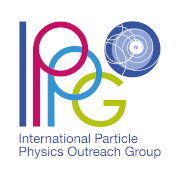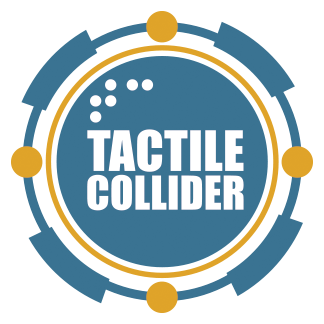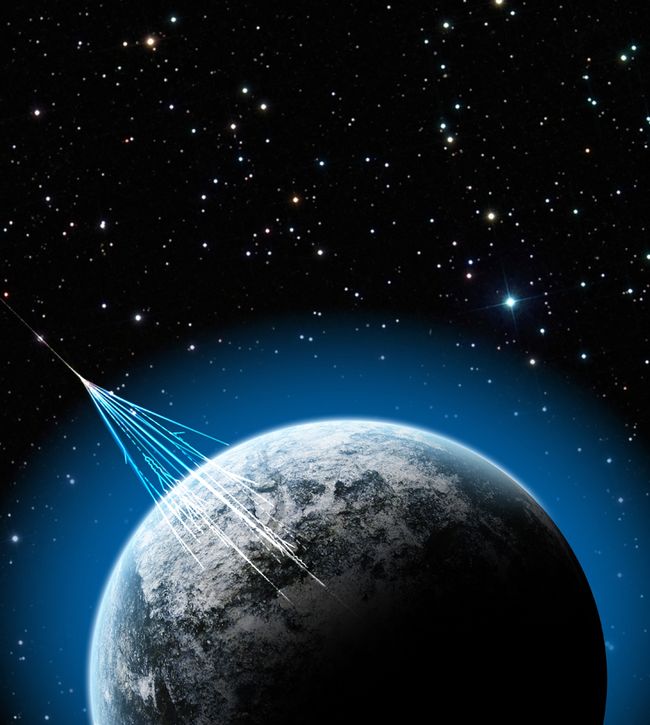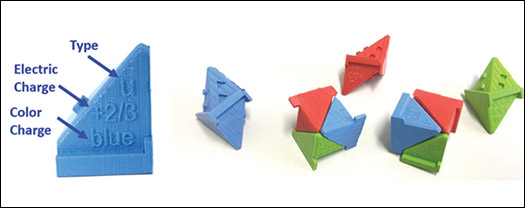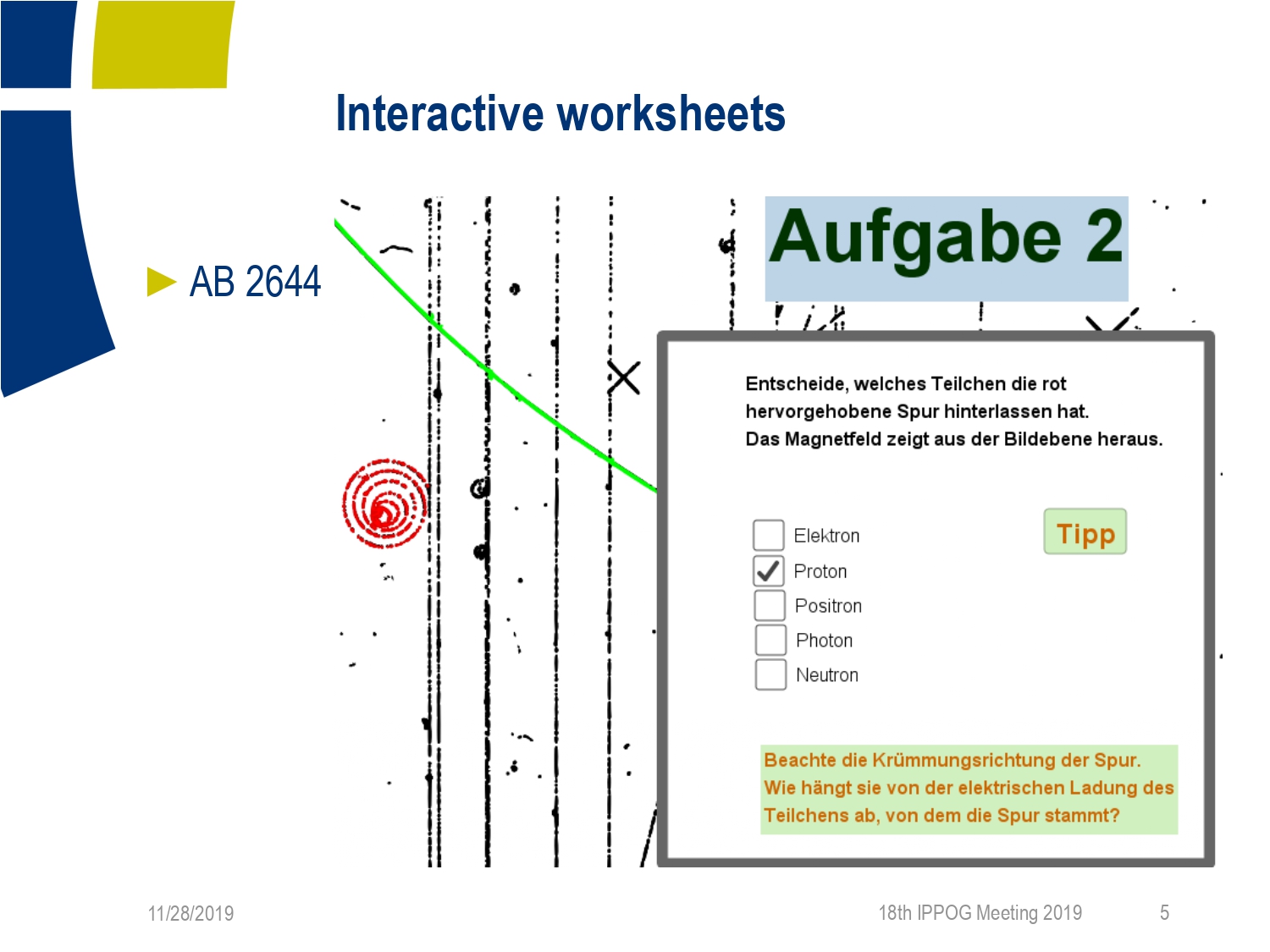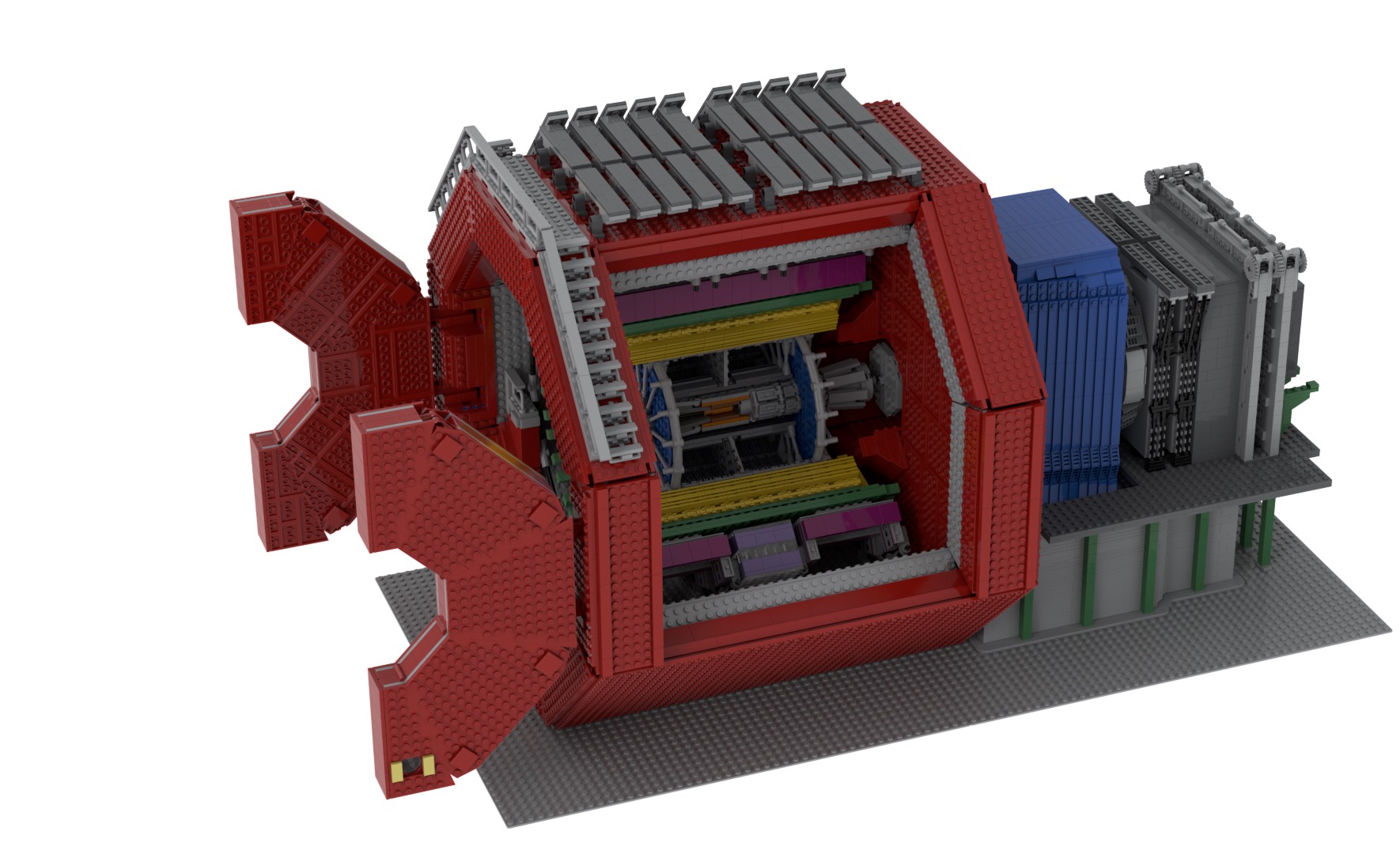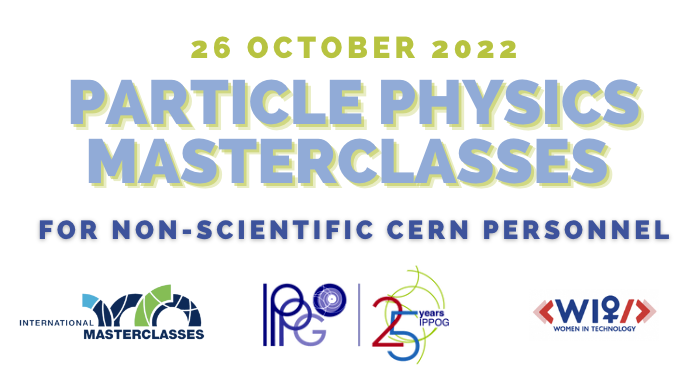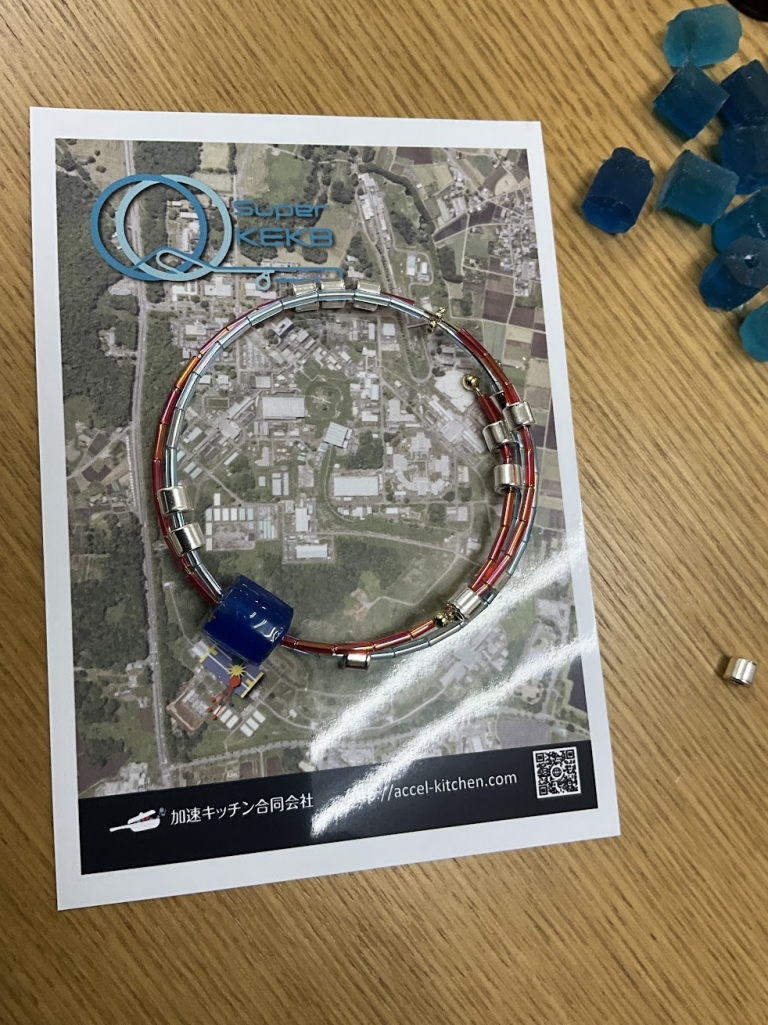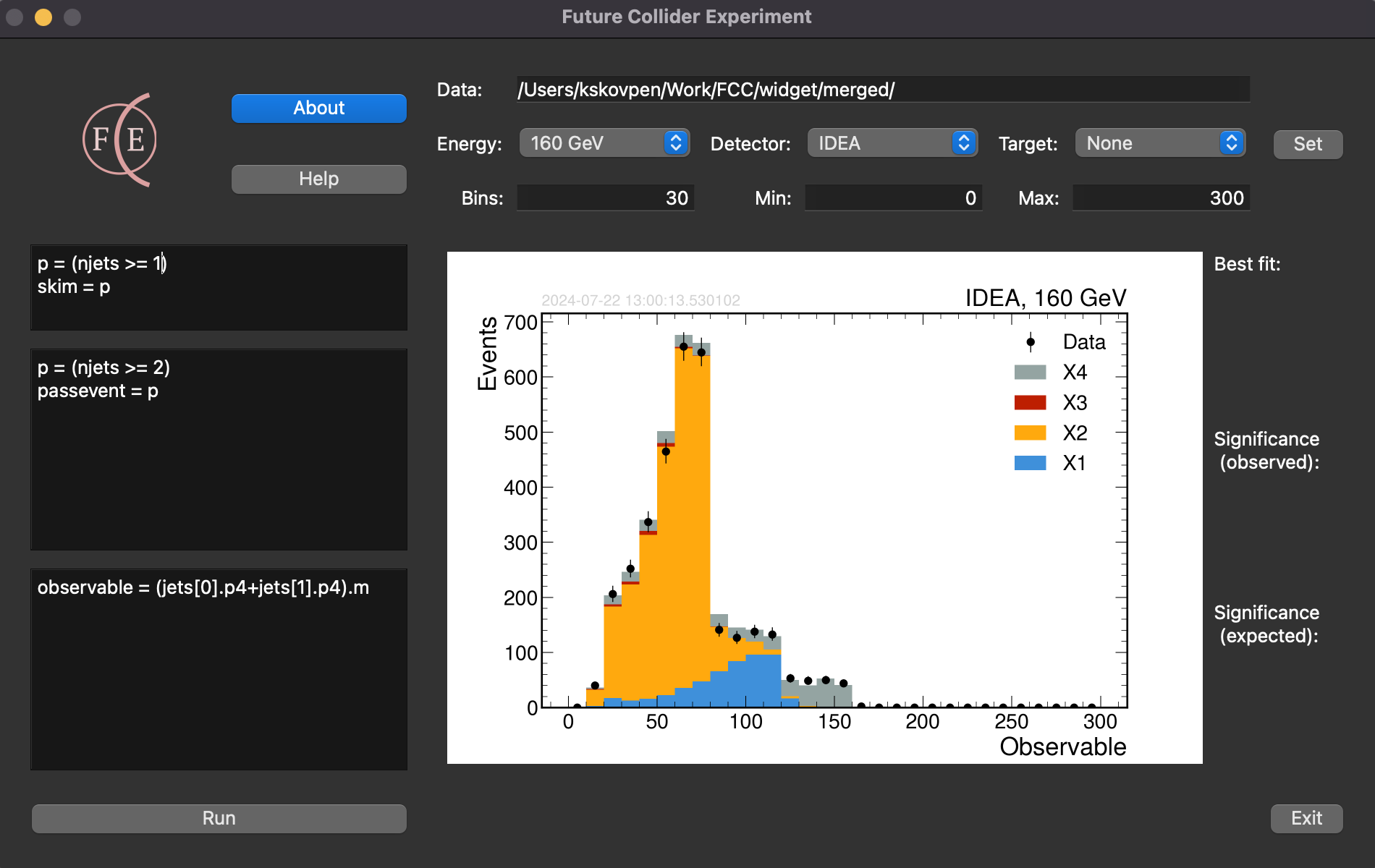Tag: Activity
-
Communicating science to the visually impaired and Tactile Collider
Tactile Collider aims to remove barriers that can prevent blind and partially sighted learners from engaging with science. They worked with visual impairment (VI) experts and consultants to develop new models and ways of science engagement and communication for young people who are blind or visually impaired.
-
INFN Outreach Cosmic Ray Activities (OCRA)
The INFN Outreach Cosmic Ray Activities (OCRA) project involves 24 divisions of the Institute all over Italy and offers activities for both students and teachers. The International Cosmic Day – ICD, organized by DESY, is one of the OCRA activities common to all local groups and consists in inviting high school students to carry out…
-
Quark puzzle
ark puzzle is a novel approach to visualizing the color symmetries of quarks with a set of 3D printable pieces. Each piece is labelled with a quark type, electric charge and colour charge, and has joints that allow it to connect to other quark pieces. These can be used to discover the rules of the…
-
Quantum Outreach @ FNAL Lederman Science Center
Quantum Information Science (QIS) materials are usually for advanced students, leaving out most students. To address this issue, Fermilab developed Portable Exhibits for classrooms with hands-on activities for the students. They also developed permanent exhibits at the Lederman Science Center with activities and explanation.
-
LHC: connect the dots! A simple outreach activity to explain how particle detectors work
Participants receive a sheet of paper showing a simplified event occurring within a typical particle detector. Their task is to reconstruct the tracks of particles by drawing them on paper and analyzing the event. Six differents events are available in multiple difficulty level.
-
Bubble Chamber Educational Material
Educational material on bubble chambers embedded in interactive worksheets in GeoGebra. This resource allows for a guided exploration of bubble chamber physics through quizzes.
-
CERN Experiments in Lego model
Workshop were held to design and construct of 1:40 model of the ALICE detector with pupils and students. Over 100 hours were spent preparing in weekly meetings, plus around two days for building.
-
IPPOG Masterclass for non-scientific Personnel
The project is based on the fact that 97% of CERN’s staff are non-scientists. The goal is to adapt the masterclass intended for students to benefit non-scientific personnel, to offer them hands-on experience and insight into the work of their scientist colleagues. These sessions improve their capacity to support the organization’s mission and outreach.
-
Handmade Accelerator Bracelet
Originally created for the SuperKEKB, the bracelets are inspired by particle accelerators from around the world. By making use of 3D printing, they are simple, but visually accurate fun accelerator themed merchandises. They can be made during interactive workshops or distributed in creation kits.
-
Future Collider Experiment: an educational tool for graduate students
The Future Collider Experiment (FCE) app is a platform-agnostic analysis tool. It provides a sneak peek into the particle physics processes that will become available at the Future Circular Collider (FCC) in a user-friendly environment. A typical workshop can take the format of two research groups (IDEA and CLD), studying FCC-ee collisions at the four…
